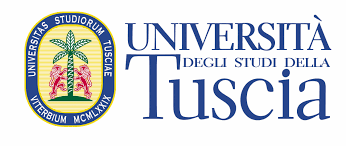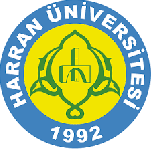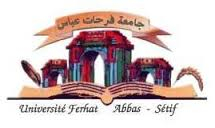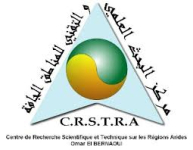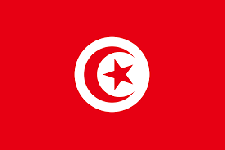ABOUT US




Sustainable production and management of biological resources are key agricultural drivers within a changing world. Agriculture needs to improve crop performance and to address environmental challenges to ensure adequate food supply whilst safeguarding the environment. This rationale definitely applies to durum wheat (DW), strategic commodity for Southern-European, North-African and Near-Eastern countries surrounding the Mediterranean Basin, including those involved in IMPRESA project, i.e. Italy, Algeria, Tunisia and Turkey. The concept for IMPRESA is to integrate extensive trials of genetic resources under natural and induced stress conditions, with detailed phenotyping and study of mechanisms/genes that increase DW performance under abiotic stresses (heat, drought and salinity), and to setup solid bases to exploit the acquired knowledge through the breeding pipeline. Strategic to IMPRESA is the choice of genetic resources. These consist of DW varieties grown in the different countries/environments, but also germplasm derived from wheat wild relatives (WWRs). Genomes of WWRs are segmentally represented in DW-WWR introgression lines, containing small alien chromosome portions enhancing yield-related traits of potential relevance under stress conditions (abiotic and also biotic), and in synthetic amphiploids, involving complete wild genomes. Once assayed for its positive attributes, the WWR-containing germplasm will work as donor of novel traits to cultivated DWs. The latter often lack adaptive traits to extant or emerging stresses, which can be transferred from WWRs via unconventional breeding strategies (e.g. “chromosome engineering”). All materials will be shared among Consortium members, who, in a joint effort, will contribute to their characterization at the plant and molecular levels and to their initial breeding exploitation. Selected materials will also be validated under cropping systems that currently are of frequent adoption in some of the participant countries (e.g., no-till in Algeria; bed planting-furrow irrigation in Turkey), and may become relevant in others, willing to increasingly move towards a conservation agriculture.



